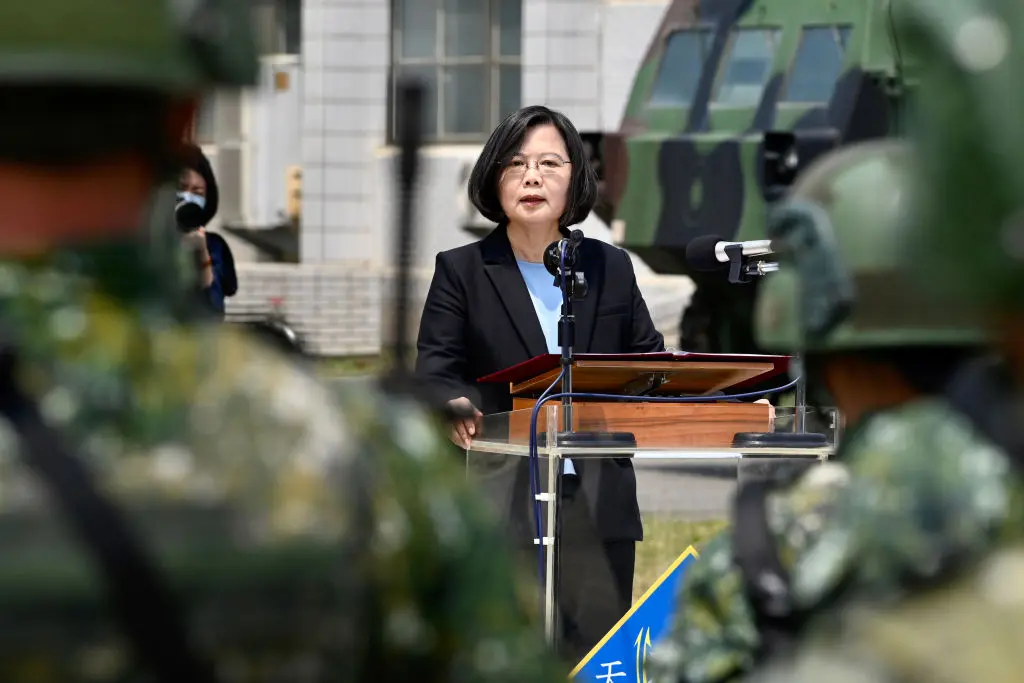TAIPEI, Taiwan—The U.S. State Department has given preliminary approval for a new arms deal with Taiwan, on the day Taiwan President Tsai Ing-wen began her second term in office.
The arms package requested by the Taiwan government includes 18 MK-48 Mod6 Advanced Technology Heavy Weight Torpedoes, spare parts, test equipment, operator manuals, training, and technical and logistics support services, according to a May 20 statement by the Defense Security Cooperation Agency, which is part of the U.S. Department of Defense.





